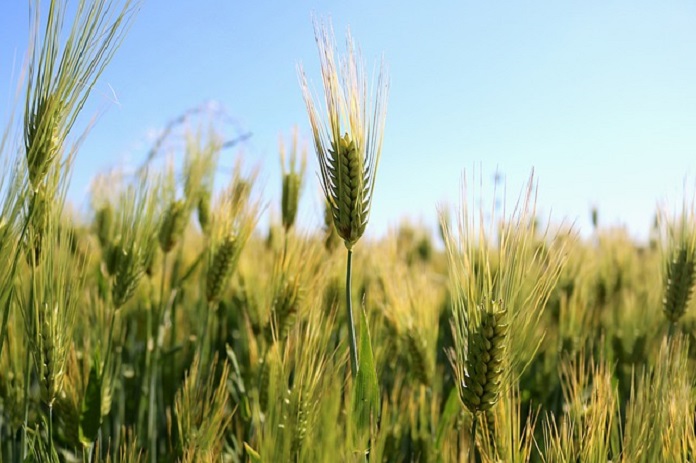A recent study investigates whether a test can differentiate between celiac and non-celiac gluten sensitivity.
A recent survey found that nearly 11% of Americans suffer from some type of food allergy. Many food allergies are severe and require lifelong dietary changes. Gluten is one of the many food allergies that cause debilitating pain for many people. Researchers investigated the potential for a test to differentiate between non-celiac gluten sensitivity and celiac disease.
Gluten is a protein found in wheat, barley, and rye grains. For people with celiac disease, gluten protein causes an immune response that leads to inflammation, intestinal damage, and severe abdominal pain. However, there are some people without celiac disease that experience pain and discomfort after eating gluten-containing foods.
The body’s immune response occurs when white blood cells recognize an antigen, in this case the gluten protein, as dangerous. To remove the threat, special white blood cells called B cells recognize the gluten protein and produce antibodies specifically designed to target it. People with celiac disease have anti-gluten IgG antibodies.
To gain a better understanding of non-celiac gluten intolerance, researchers from Columbia University Vagelos College of Physicians and Surgeons recently conducted a study of the antibodies produced in response to gluten. Their study was published in the journal Gastroenterology. Their hope is to develop an easy method to test for non-celiac gluten intolerance.
The study included eighty people with non-celiac gluten intolerance, forty people with celiac disease, and forty healthy people with no known food allergies. Blood samples were taken from all subjects when they were on an unrestricted diet.
In previous research, the anti-gluten IgG antibody was associated with celiac disease and non-celiac gluten intolerance. Four subclasses of these IgG antibodies were identified as related to gluten intolerance, but in differing amounts depending on whether celiac disease was present.
To determine whether one of the IgG antibodies was an indicator of non-celiac gluten intolerance, researchers analyzed all the blood samples to determine what antibodies were present, testing was also performed to determine whether intestinal damage had occurred.
The researchers found the IgG antibodies that formed in response to celiac disease were different from those formed by non-celiac gluten intolerance. People diagnosed with celiac disease showed a strong immune response like those found in autoimmune diseases, which was also associated with intestinal damage.
However, for people with non-celiac gluten intolerance, that response was different. Less intestinal damage was seen, and the inflammation was not as severe.
The research team is hopeful that their findings can lead to an easy way to detect non-celiac gluten intolerance and potential treatment in the future. In a press release, study author Dr. Armin Alaedini said, “If we can drive specific immune cells of celiac patients toward their less inflammatory states, we may be able to prevent or reduce the severity of the immunologic reaction to gluten.”
Written by Rebecca K. Blankenship, B.Sc.
References:
1. Uhde M, Caio G, De Giorgio R, Green PH, Volta U, Alaedini A, SubclassProfile of IgG Antibody Response to Gluten Differentiates Non-Celiac Gluten Sensitivity from CeliacDisease, Gastroenterology (2020), doi: https://doi.org/10.1053/j.gastro.2020.07.032.
2. Gupta RS, Warren CM, Smith BM, et al. Prevalence and Severity of Food Allergies Among US Adults. JAMA Netw Open. 2019;2(1):e185630. doi:10.1001/jamanetworkopen.2018.5630
Image by Joseph Fulgham from Pixabay



